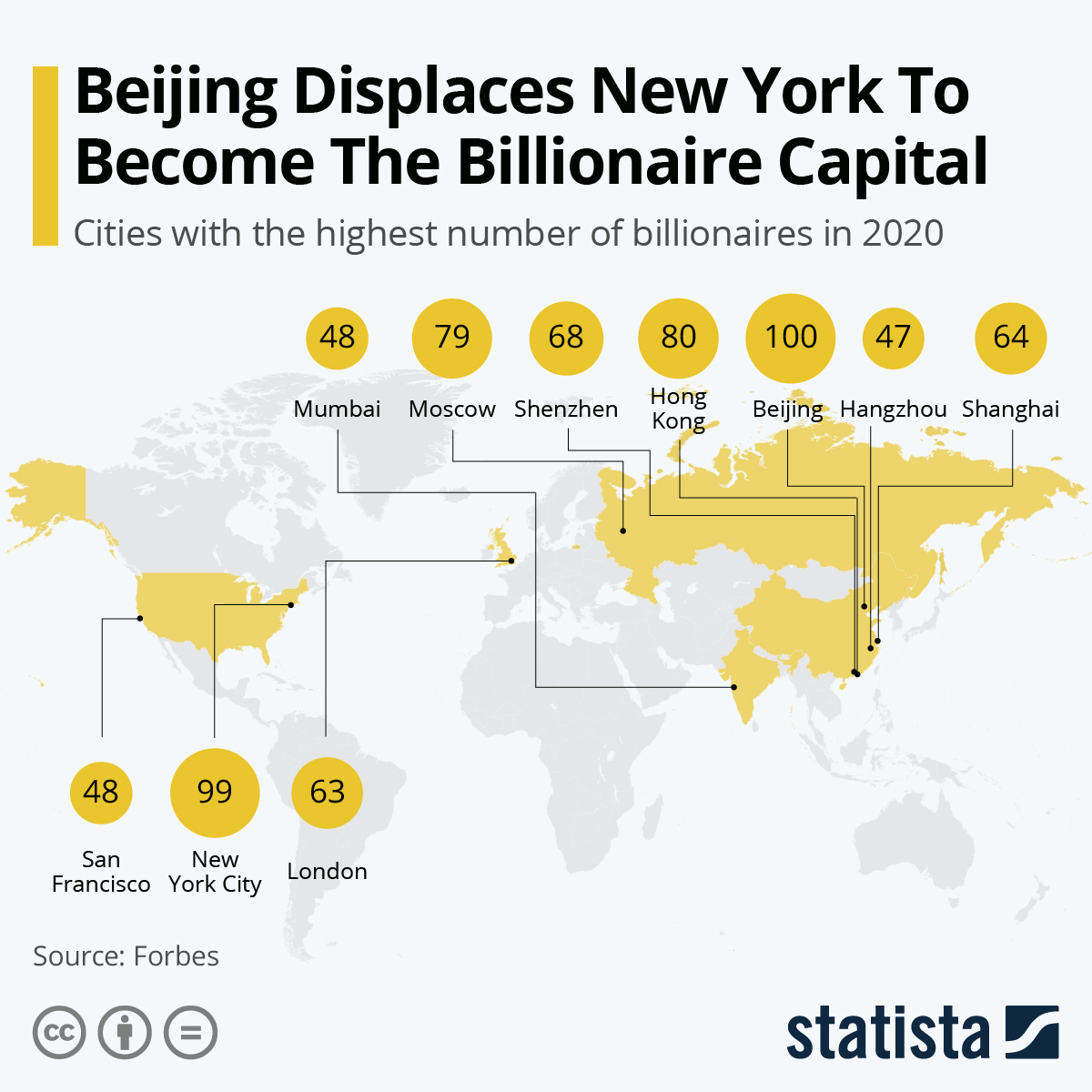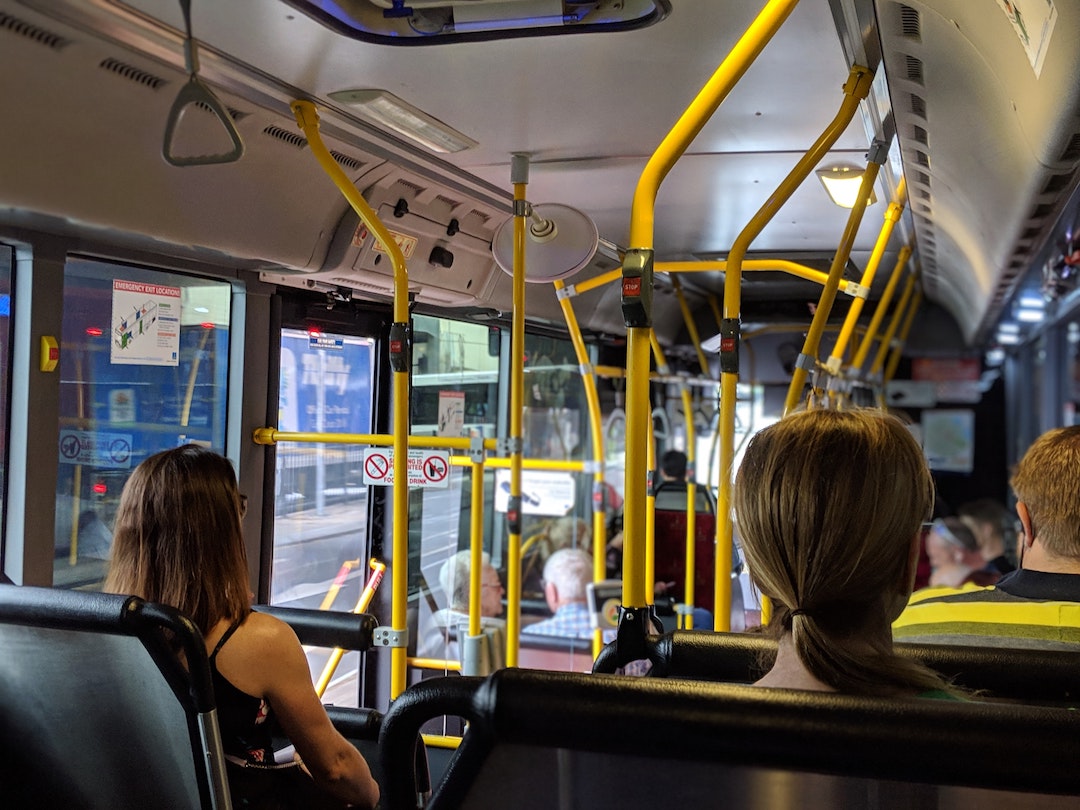The emergence of societal issues associated with expanding urbanization at the same time as the growing need to reduce public budgets are two of the primary reasons why smart cities are gaining so much attention. According to the United Nations, the number of cities with a population of 10 million or more is expected to increase from 33 to 43 between 2018 and 2030. While urbanization is said to bring strong economic power due to the concentration of population and industry, it also has its risks – including the potential for increased congestion and environmental problems.
Expectations are rising for smarter cities and with the economic downturn caused by COVID-19, there is a need for more efficient urban management than ever before. Between 2020 and 2024, the smart city market, including the segments of energy, healthcare and security, is expected to grow at an annualized rate of 23%, amounting to approximately $2.1 trillion.
Advanced technology, including blockchain can play a key role in solving these societal issues and achieving efficient urban management. Blockchain enables network participants to exchange data with a high degree of reliability and transparency without the need for a centralized administrator. Cities have a variety of stakeholders and the exchange of data among stakeholders is essential for highly convenient urban services.
Blockchain is expected to be used for this data exchange. For example, Smart Dubai, with a mission to make Dubai the happiest and smartest city in the world, is developing use cases for blockchain across multiple sectors such as finance, education and transportation. For example, a project to facilitate enrollment procedures for students moving between emirates using blockchain is under way.
One important point to remember is that for smart cities to contribute to solving societal issues and to operate efficiently while improving the quality of services, it is not enough to have independent smart cities. Rather, it is essential to ensure interoperability and co-ordination among multiple smart cities. Some efforts are already under way to achieve this aim. In Japan, the cabinet office released a white paper on reference architecture for smart cities in March 2020, which cited interoperability as one of four fundamental concepts that are important in promoting smart cities.
The G20 Global Smart Cities Alliance, for which the World Economic Forum serves as the secretariat, unites municipal, regional and national governments, private-sector partners and cities’ residents around a shared set of core guiding principles for the implementation of smart city technologies, including openness and interoperability.
Smart cities can learn from a recently published framework for interoperability, which presents a three-layer model for blockchain utilization:
1. The business model layer includes an aspect of governance models, data standardization, legal frameworks and commercial models
2. The platform layer includes that of consensus mechanisms, smart contracts, authentication and authorization
3. The infrastructure layer includes that of hybrid cloud, managed blockchain and proprietary components. It is important to note that achieving interoperability requires more than solving a technical problem; it also requires solving an issue in terms of governance, data ownership and commercial business models that incentivize ecosystem stakeholders to collaborate with each other.

Take, for example, one of the expected services in smart cities: mobility as a service (MaaS). MaaS seamlessly connects multiple transportation systems to provide highly convenient mobility services. In the realization of MaaS, there is an effort to use blockchain for data exchange and revenue sharing among multiple transportation operators, and transportation may take place across cities. At the business model layer, it is necessary to solve the issues of data standardization – for example, for people movement information and that collected from Internet of Things (Iota) devices – and those of commercial models, such as how to distribute revenue among transportation operators.
At the platform layer, smart contract, which is a computer protocol that enables self-executing, credible and transparent transactions, may be utilized for transport ticketing. Different blockchain platforms, however, sometimes use different languages for smart contracts, so interoperability issues for ticketing may need to be resolved. At the infrastructure layer, since permissioned blockchains (those that maintain an access control layer to allow certain actions to be performed only by particular identifiable participants) are usually used for data exchange across multiple transportation systems, the existence of proprietary components may pose a challenge in achieving interoperability.
A similar model could be applied to other sectors, such as real estate and energy. In the real estate sector, there are efforts to streamline property rent procedures using blockchain, but in order to streamline the moving process, the procedures related to the original residence and the new residence need to be co-ordinated and processed. In this case, applications on different blockchains may need to interoperate. In the energy sector, efforts are under way to use blockchain to conduct energy transactions within a region.
Different companies may be using varying blockchain platforms, so the three-layer model of interoperability described above can be used in this case. Smart cities have the potential to solve a variety of societal issues and improve the quality of life – but it will be essential for smart cities to ensure interoperability and be able to co-operate with each other.
Initiatives should be proactive in their planning around interoperability questions in order to achieve the best possible longer-term outcomes.
Republished from the World Economic Forum










